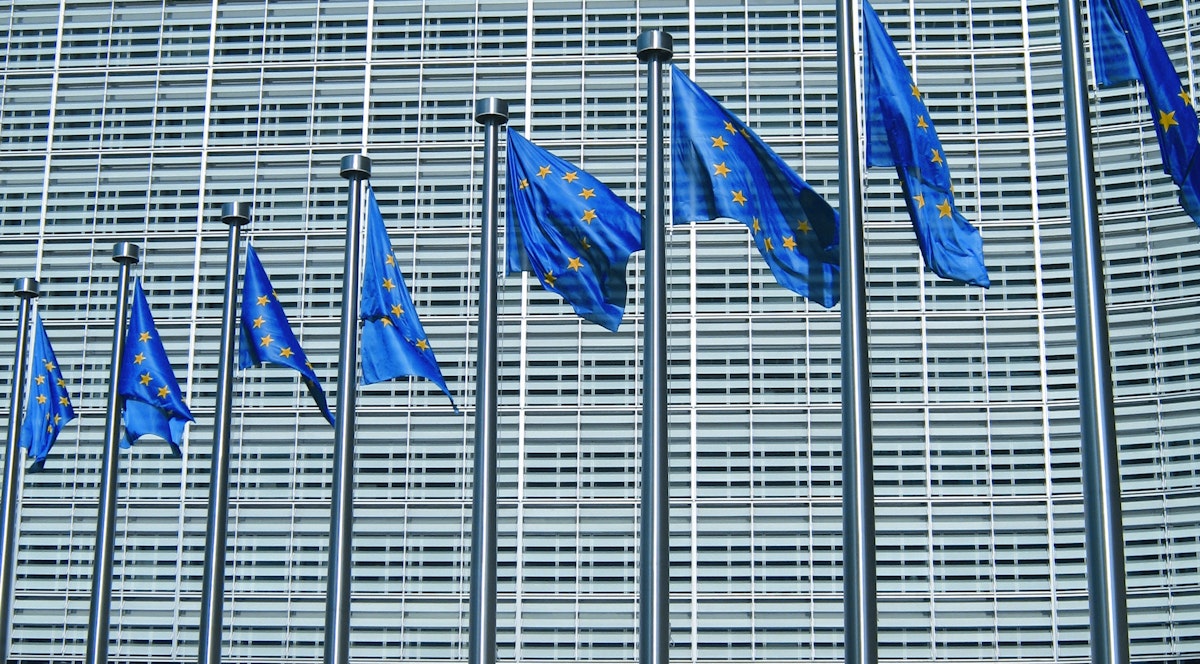MINISTER BURKE SIGNS REGULATIONS TO GIVE EFFECT TO EU DIRECTIVE ON CUTTING REDTAPE AND SIMPLIFYING THE OBLIGATIONS ON BUSINESS IN RELATION TO CORPORATE SUSTAINABILITY REPORTING

The Irish Co-operative Organisation Society (ICOS) has written to the Minister for Agriculture, Food and the Marine, expressing serious concern about the inclusion of fertiliser in the EU’s Carbon Border Adjustment Mechanism (CBAM) from January 2026, and the severe impact this will have on Irish farmers.
ICOS President, Edward Carr wrote to Minister Heydon warning of the ‘significant and growing financial burden that CBAM will place on the Irish agri-food sector’, particularly in relation to the cost and availability of fertiliser, a vital input for Ireland’s pasture-based, export-driven farming model.
From 2026, imported fertilisers from outside the EU will be subject to CBAM certificates based on their carbon intensity, with costs aligned to the EU Emissions Trading Scheme (ETS). At current market rates of €70/tonne CO₂e (carbon dioxide equivalent) this will add €35 – €80 per tonne to the cost of fertilisers like urea and CAN. Projections show these costs could rise to as much as €250 per tonne by 2034.
“For Irish farmers, this could equate to a staggering €100 million increase in fertiliser costs by 2030, directly threatening efforts to meet Climate Action Plan targets that rely on widespread adoption of protected urea,” Edward Carr stated.
“We fully support sustainable climate action,but not at the cost of placing Irish farmers at a serious competitive disadvantage, particularly when the UK will not implement its version of CBAM until 2027. This will also create divergence on the island of Ireland between NI and ROI, creating a significant cross-border price gap.”
ICOS also raised concerns about the lack of an independent economic impact assessment by the European Commission on CBAM’s effect on fertiliser supply and farm input costs.
The letter further notes the EU’s upcoming additional tariffs on Russian and Belarusian fertilisers from July 2025, which could further restrict availability and push prices higher, despite some monitoring provisions announced by the Commission.
“ICOS is urging the Government to take immediate action to protect Irish farmers from the financial impact of the EU’s Carbon Border Adjustment Mechanism (CBAM). Specifically, ICOS is calling for a full EU-level economic impact assessment of CBAM on fertiliser prices and farm input costs, the introduction of transitional supports or exemptions for the Irish agricultural sector, close cooperation with the UK to prevent a cross-border price gap, and active monitoring of the fertiliser market to safeguard price stability and supply for farmers,” said Edward Carr.
The ICOS letter specifically seeks the Minister’s support for the following:
- The Commission is expected to introduce a new simplification proposal, as part of the omnibus approach later this year. An earlier process has resulted in some changes to CBAM, but ICOS would like to see a full exemption for fertiliser, and failing that a postponement of CBAM for fertiliser to ensure proper alignment between the EU and UK.
ICOS also believes the enhanced monitoring provisions provided to the European Commission regarding the fertiliser market should include the impact of CBAM.
- ICOS is calling for a pause on the introduction of CBAM for fertiliser until, at the very least there is proper alignment between the UK and EU.
The creation of further divergence in the fertiliser market on the Island of Ireland will be totally unacceptable. ICOS strongly urges the Government to actively engage with the European Commission on this matter in the context of the renewed EU-UK partnership and calls on the Government to raise awareness around the potential disruption to North-South trade.
- ICOS asks that the European Commission should be required to publish an economic impact assessment into the impact of CBAM on fertiliser prices and availability.
Furthermore, the Government should assess the economic and environmental implications from an Irish context and the potential impact on protected urea and the achievement of Ireland’s Climate Action Plan targets.
“The Irish agri-food sector cannot absorb these additional costs without undermining our competitiveness and sustainability targets,” the ICOS President concluded. “We urge the Minister to act decisively and represent Ireland’s unique concerns at EU level.”